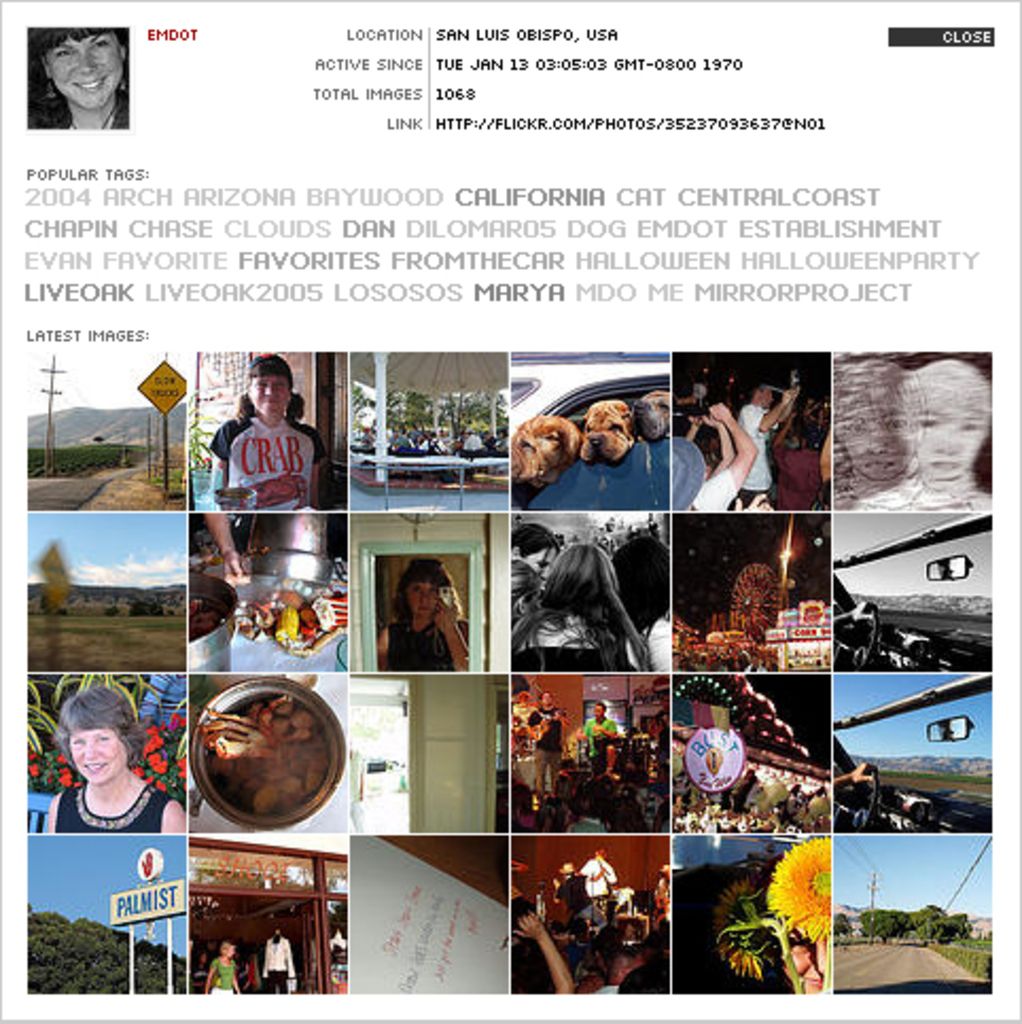What's the Trend with Takaful?
Insurance Plan Based on Sharia Law: Understanding Takaful and Its Operations
Takaful, a form of Islamic insurance, is rapidly unfolding as a viable alternative to conventional insurance offerings, particularly in regions with a strong Muslim presence. By pooling resources together, members encourage mutual cooperation and risk-sharing, following a sharia-compliant framework underpinned by ethical principles.
In essence, Takaful is an agreement between participants to insure each other by contributing funds to a common pool system. The value of their individual contributions varies based on the Nature of the risk and personal circumstances involved. A takaful operator manages and administers this mutual fund on behalf of the participants, charging a fee to cover operational costs.
When a claim arises, it's paid out from the takaful fund, with any remaining surpluses being redistributed among the participants as cash dividends or future contribution reductions. According to industry reports, the global Takaful market is anticipated to expand at a staggering 15.2% CAGR from 2023-2032, reaching a whopping $126.8 billion by 2032[2].
Takaful 101
Ditching the jargon, Takaful operates on three core principles: mutual cooperation, risk-sharing, and a commitment to ethics. Conversely, conventional insurance primarily thrives on risk transfer and profit maximization[5].
Here's the lowdown on the key differences between Takaful and conventional insurance.
| Feature | Takaful | Conventional Insurance ||------------------------|----------------------------------------------|-----------------------------------------|| Risk Management | Shared among participants | Transferred to the insurer || Pool of Funds | Contributions pooled for mutual coverage | Premiums pooled for company profit || Surplus Distribution | Surplus returned to participants | Profits belong to shareholders || Governance | Sharia board oversees compliance | No religious oversight || Claims/Payouts | Paid from collective pool | Paid from company funds |
With Takaful, the emphasis lies on shared responsibility and ethical financial practices. The compensation structure encourages a sense of collective accountability, setting it apart from conventional insurance, which focuses on generating profit by collecting premiums and transferring risks to an insurance company[1][5].
A Generational Shift
As the global Muslim population continues to skew young, with an estimated 60% below the age of 25, Takaful has the potential to tap into a significant customer base[3]. As these young Muslims accumulate wealth, the demand for Sharia-compliant financial products and ethical financial practices is expected to grow.
Some of the biggest players in the Takaful market include Islamic Insurance Company, JamaPunji, AMAN, Salama, Standard Chartered, Takaful Brunei Darussalam Sdn Bhd, Allianz, Prudential BSN Takaful Berhad, Zurich Malaysia, Takaful Malaysia, and Qatar Islamic Insurance Company[4].
The Bad Apples vs. the Takaful Saviors
While conventional insurance predominates globally, it faces criticism for lacking ethics and religious compliance, especially within predominantly Muslim markets. In contrast, Takaful is gaining traction among customers seeking ethical and religiously compliant financial solutions. By preserving its commitment to mutual cooperation, risk-sharing, and ethical financial practices, Takaful asserts itself as a credible and viable alternative in the insurance sector.
| Aspect | Takaful | Conventional Insurance ||------------------|--------------------------------------|---------------------------------------|| Principle | Mutual cooperation, risk-sharing | Risk transfer, profit maximization || Operation | Pooled contributions, surplus share | Premiums, profit retention || Market Growth | Growing in Islamic markets | Dominant globally, stable || Ethical Focus | High (Sharia-compliant) | Business-oriented |
[1] https://www.islamicinsurancedatabase.org/resources/free-resources/takaful-vs-conventional-insurance/[2] https://www.alliedmarketresearch.com/takaful-insurance-market[3] https://www.pewresearch.org/fact-tank/2016/07/18/half-of-muslims-global-population-are-under-25/[4] https://www.researchandmarkets.com/reports/4305782/the-islamic-insurance-and-takaful-market-growth-global[5] https://www.kpmg.com/us/en/issuesandinsights/articlespublications/takaful-and-saif-ad-dawla-an-overview-of-islamic-insurance.pdf
- In regions with a strong Muslim presence, Takaful, a form of Islamic insurance, is growing as an alternative to conventional insurance offerings, demonstrating mutual cooperation and risk-sharing following a sharia-compliant framework.
- Takaful operates on three core principles: mutual cooperation, risk-sharing, and a commitment to ethics, which differentiate it from conventional insurance, where risk transfer and profit maximization are the primary objectives.
- As the global Muslim population skews younger, with many under 25 years old, Takaful has the potential to tap into a significant customer base seeking Sharia-compliant financial products and ethical financial practices.
- Key players in the Takaful market include Islamic Insurance Company, JamaPunji, AMAN, Salama, Standard Chartered, and Qatar Islamic Insurance Company, among others.
- While conventional insurance faces criticism for lacking ethics and religious compliance, particularly in predominantly Muslim markets, Takaful is gaining traction among customers seeking ethical and religiously compliant financial solutions, demonstrating its credibility and viability as an alternative in the insurance sector.





